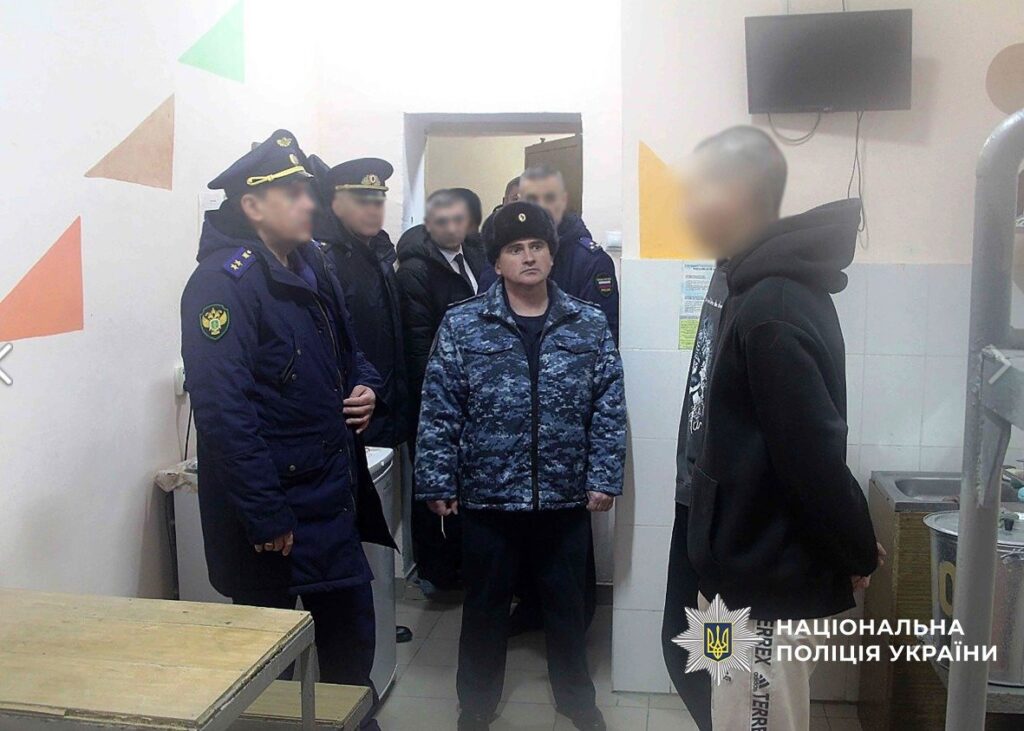“We’ll cut it off and rape you”: Ukrainian prisoner threatened with castration during interrogation in Russian captivity

The UN sounds the alarm. Thousands of Ukrainian soldiers and civilians are held in overcrowded, unsanitary prisons on occupied Ukrainian territories, as well as in Belarus and Russia, Alice Edwards, the UN Special Rapporteur on torture, reveals in an article for The New York Times.
Most Ukrainian prisoners are isolated from the outside world and subjected to systematic torture, starvation, and psychological abuse.
“Investigating and prosecuting torture is a legal obligation, not a diplomatic nicety or something that can be negotiated or leveraged during negotiations,” Edwards stresses.
Russia legalizes torture as a military tactic
Edwards concluded that only one party in the conflict employs torture as a state policy — Russia.
“ …Widespread nature of witness accounts while in Russian custody — along with Moscow’s failure to address the issue — have led me to the conclusion that it can only be a systemic, state-endorsed practice approved at the highest levels,” she says.
Torture methods are shockingly brutal: sexual violence, electric shocks, suffocation, sleep deprivation, mock executions.
“Malnourishment is routine, and individuals have reported being hung upside down and held in stress positions for long periods, sometimes beaten during it,” Edwards noted.
Victims’ testimonies: “Threatened with castration and rape”
For example, Ukrainian soldier Oleksandr Kharlats, captured early in the war, described six or seven torture sessions with electric shocks, forced to keep his arms along his body to intensify pain, and beaten with batons and rifle butts when convulsing.
Another prisoner, Anatoliy Tutov, endured four interrogations with beatings and sexual torture, including a threat to cut off his penis and rape him. Upon release, doctors documented internal bruises, two broken ribs, and cracked bones.
Another prisoner, a woman from occupied Kherson, was abducted on her way to work, raped, and electrocuted on her first day in captivity. She has been transferred between prisons and is now held in a Russian facility.
